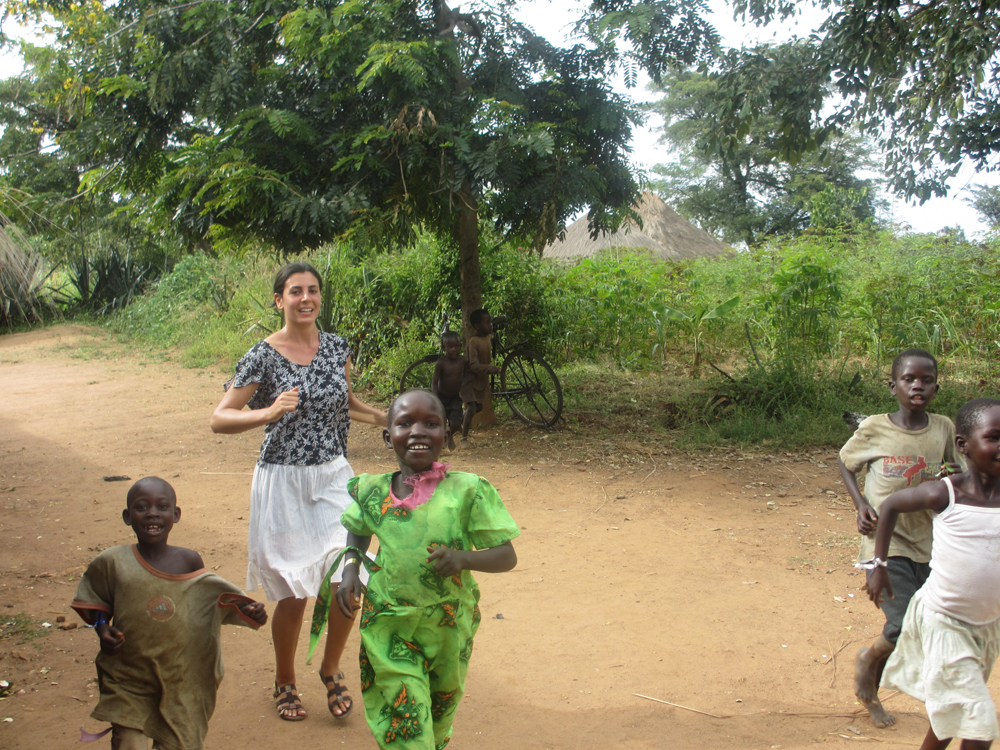My Experience in Africa
By
Rachelle Kahwaji
During my first experience in Africa, I was fortunate enough to visit Ghana with my father in the spring of 2011 who was at that time the World Secretary General of the WLCU. We attended a momentous event in which a statue representing Lebanese-Ghanaian friendship was inaugurated. The event was organized by WLCU National council of Ghana and the Board of Trustee headed by Mr. Chakib Rammal. It was well prepared, enjoyable, and attended by Lebanese worldwide along with many Ghanaian officials from the army and government. The Lebanese-Ghanaians were incredibly hospitable and I was lucky to meet Miss Ramona Rammal who exposed me and other Lebanese youth from different continents to the beauty of Ghana. As a tourist and with her hospitality and care, I experienced the luxuries the country had to offer: the fine dining, beautiful beaches, and high class hotels. My stay in Ghana although short will remain an unforgettable memory.
My second experience of Africa felt just as rich as my first, only I came as part of a passionate team called No Starving Child based in Vancouver. NSC’s goal is to engage in the community with efforts to alleviate hunger, provide shelter, and meet medical needs. We came in partnership with a Winnipeg non-profit organization called Heartstrings World Mission who graciously took us under their wing, for which we are very thankful for. After more than 25 hours of flight travel, the malaria pill making me feel sick, and feeling like I hadn’t showered in days, I finally arrived on the soil of Entebbe, Uganda. As much as I felt I was here to help, I came with the intent of learning from the people about their culture, way of living, and their life story.
Within a few days, we took a 2 hour bus ride to a town called “Jinja” and had our first medical clinic in one of the slum areas. The conditions were very poor to say the least, but the children were among the happiest I have ever seen. Their bright smiles, happy demeanor, and gratification for the simplest of things are qualities we can all learn from. After a few hours of playing with the children, I already felt they held a special place in my heart. Upon leaving, a 9 year old boy named Francis put a bracelet around my wrist saying “it’s for you”. I wanted to give him money for it, but he said “no I don’t want anything, thank you for coming”. It was clear to anyone that Francis was malnourished, most likely had stomach worms due to the little access he had to clean water and food, and yet he gave me a gift expecting nothing in return. I will never forget how powerful that moment was.
As we continued our journey, we held medical clinics in poor areas, spoke with the homeless people of Kampala (capital of Uganda) while providing them with food, and visited various women’s shelters to hear their stories of the hardships they faced while living on the streets. For one week of the trip, we stayed in Pamora (rural area in North of Uganda), where I faced my biggest challenges. There was no power or electricity in the community other than the main living room inside the guesthouse. We showered using water from a well, a cup, and a small basin. The outhouse was simply a hole in the ground and we ate the same food (rice, beans, cabbage, potatoes) for a week. In hindsight I am glad to have experienced those living conditions because that is how the locals live every day of their lives, and some live with even less.
We gave away toys, clothing, money etc but I think above all we gave hope to the young orphans and parents of these communities. One of our goals is to dissolve the largely negative image that western society has often portrayed of Africa as a whole. Every country has both poverty and riches, but the poverty in Africa is emphasized strongly in the media. Instead of portraying images of sad, crying children to invoke pity, we believe in showing happy, smiling children in order to demonstrate hope; hope for a better future, hope for people to grow self sufficient, and hope for people to decide their own destiny.
The No Starving Child team wishes to focus on providing families with an initial boost by helping them acquire basic needs of food and shelter. We then want to provide education and skills training for the families so that they can become self-sufficient. In order for the communities in Africa to grow and prosper, they cannot depend and rely on foreign aid forever.
I feel very inspired by the people I met in Uganda and I feel fortunate to have met them and learned their stories. I have been passionate about volunteering since I was a young child. I first started with the Lebanese Canadian Society in BC (WLCU Vancouver Chapter). I also volunteered at the Folk Fest in Victoria (Capital city of BC) hosted by the CLCA (the Victoria Chapter of the WLCU). My family’s passion in preserving Lebanese culture and helping Lebanese back home living in impoverished situations sparked a fire in me to not only care for Lebanese people, but all people in the world who are in need.
For more information about No Starving Child, you can visit our website at www.nostarvingchild.com
-Rachelle Kahwaji
WLCU BC Youth Member









